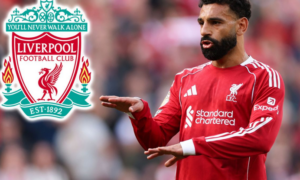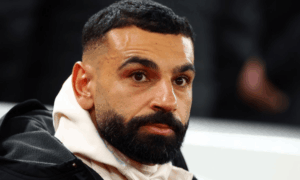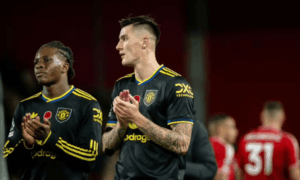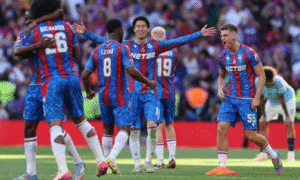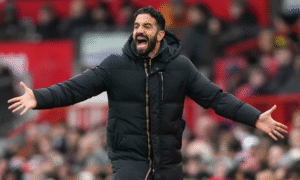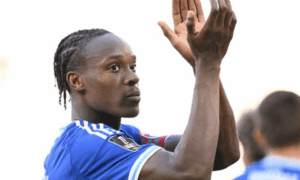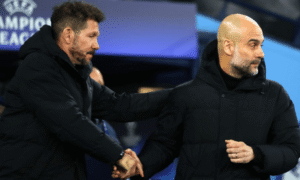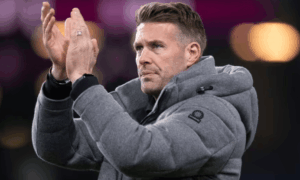Michael Walker on Arne Slot: A Story of Riveting Football and Captivating Leadership
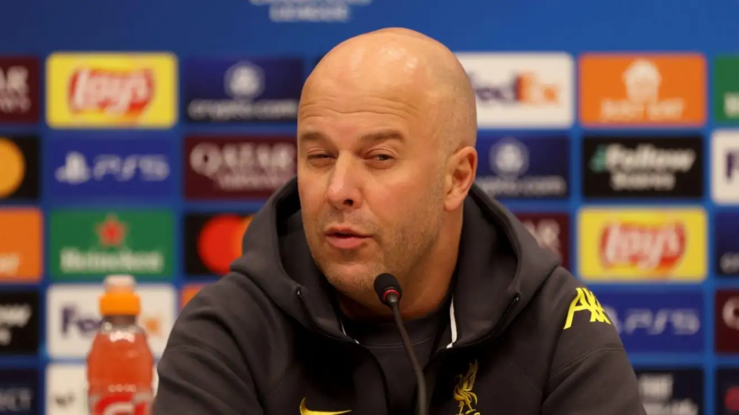
It was May 19th last year, the final afternoon of the Premier League season, and at the merchandise stalls on Walton Breck Road outside Anfield, fans were buying scarves that captured the moment perfectly. The scarves were red and featured a heartfelt message: “Thanks, Jürgen, lad!” There was a profile of Jürgen Klopp on one end and an image of him fist-pumping the supporters on the other, reflecting the mood of gratitude and admiration.
Klopp’s departure from Liverpool became the biggest story in English football during the latter half of last season, just edging out Manchester City’s remarkable four-in-a-row achievement for column inches. The FA Cup final, where Manchester United overcame City 2-1, also added to the headlines and highlighted Erik ten Hag’s growing influence.
As we near the first anniversaries of these significant events, it’s interesting to look at the progress Arne Slot has made at Anfield, making everything else feel somewhat distant. Ten Hag has moved on, Manchester City’s dominance of the previous spring feels like a thing of the past, and of course, Klopp has also left.
While Klopp’s legacy hasn’t been forgotten—it’s hard for a manager with such charisma to be erased from fan memory—the current Liverpool team, led by Slot, has been busy racking up wins. Their successful run from August to early December, including a victory over City at Anfield just days after beating Real Madrid in the Champions League, has shifted the conversation away from Klopp.
This isn’t something Slot has done deliberately; rather, it’s a byproduct of his effective coaching. Klopp, now involved in different pursuits, isn’t present during matches, which has allowed Slot’s achievements, like securing 24 wins in 33 Premier League games, six more than City, who sit 18 points behind, to take the spotlight. City, dealing with disarray after Rodri’s injury, may be questioning their trajectory.
Slot’s approach has demonstrated a calm confidence as he has navigated the delicate dynamics of inheriting a team and a club in a transitional phase, reminiscent of Bob Paisley’s own experience at Anfield. When Kevin Keegan faced persistent injuries, Paisley meticulously investigated Keegan’s daily life, ultimately diagnosing an issue with his car’s pedal. That intervention helped Keegan recover and helped the team flourish.
Just as Paisley turned Liverpool into a winning machine, Slot has quietly gone about demonstrating his own competence. While comparisons between him and Paisley may be premature, there’s a certain resemblance in how each has approached their role, following in the footsteps of iconic figures who understood both football and its theater.
Paisley, who took charge in 1974, succeeded Bill Shankly, and though there were apprehensions, he proved to be a phenomenal success, claiming 13 major trophies during his tenure. His demeanor was calm, but his resolve was fierce, earning him the title of the greatest manager in British football history from Kenny Dalglish.
Slot, in contrast, doesn’t face the same shadow as Klopp. This absence allows him to establish his identity and direct the team without the constant reminder of his predecessor. Conversely, at Manchester United, every new manager since Ferguson has had to cope with the presence of the legendary figure in the stands, which adds a layer of complexity to their work.
Starting anew can be challenging, especially for Slot, who left his family behind in the Netherlands and was untested outside his home country. Yet, rather than flounder, Slot has embraced continuity in a way that is often overlooked. Football’s fast-paced social media sometimes glorifies change, especially with transfers, but effective management relies heavily on consistency and reliability.
While Liverpool sold a number of players for substantial sums last August, they focused on retention, ensuring they kept key figures like Virgil van Dijk and Mo Salah in the fold. Thus, Slot’s steady hand has sought to challenge the status quo at Anfield, emphasizing the importance of continuity in building a successful team.


